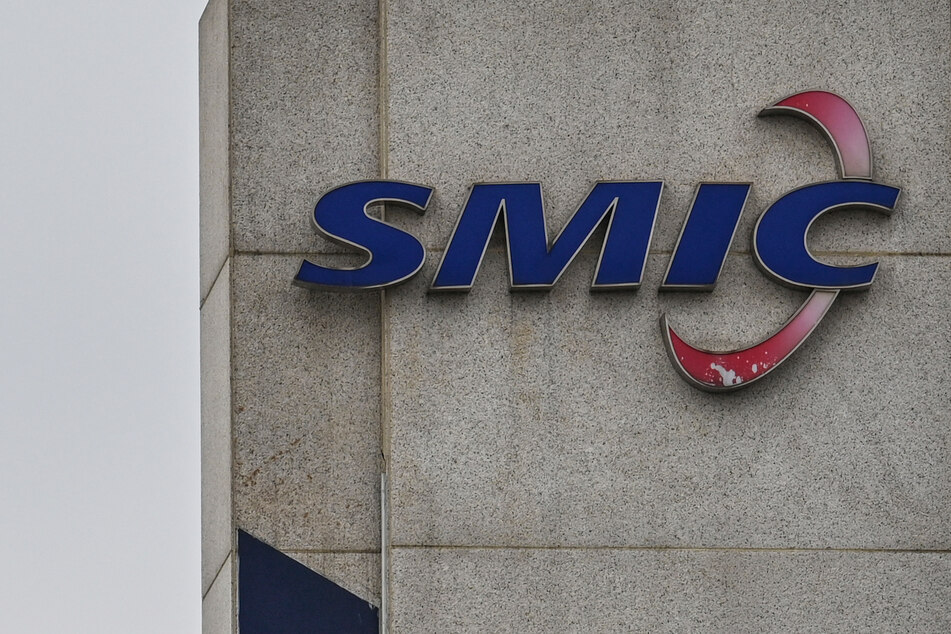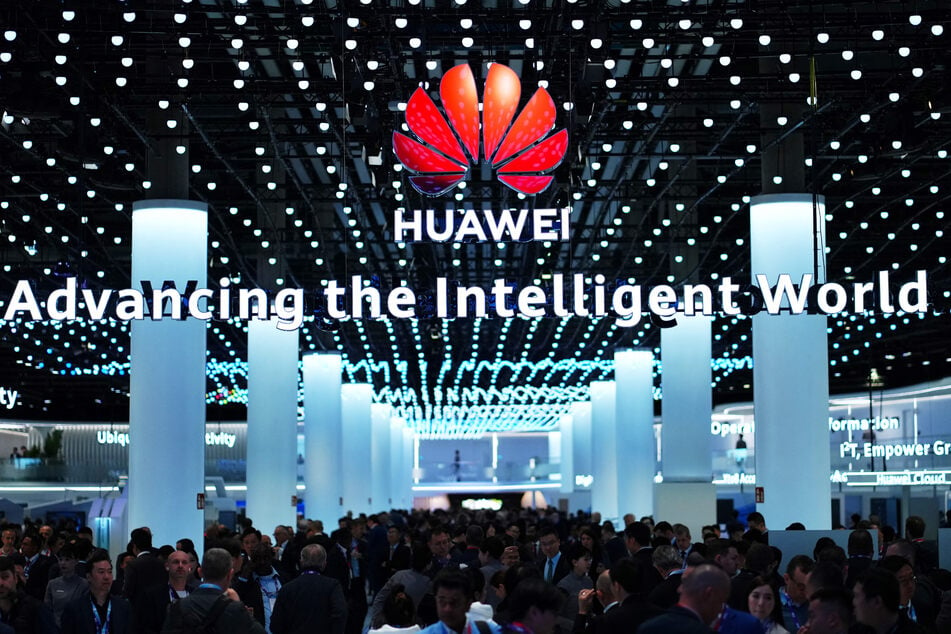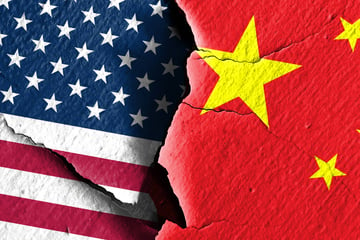China's SMIC may have violated American law to make Huawei chip
Washington DC - China's top chipmaker may have violated American laws by making a processor for sanctioned telecom giant Huawei, a senior US official said, sending its shares plummeting in Hong Kong on Friday.

A congressional hearing on Thursday asked the official whether Semiconductor Manufacturing International Corp. (SMIC) broke US export controls by making advanced seven-nanometer chips for Huawei.
"Potentially, yes. We will have to assess," responded Alan Estevez, undersecretary of commerce for industry and security.
SMIC tumbled more than 5% on Hong Kong's Hang Seng Index on Friday.
The US hearing questioned whether SMIC had illegally used American equipment to make the chips in question.
Washington has tightened measures in recent years around the sale to China of technology that is crucial to the manufacturing of powerful artificial intelligence (AI) systems.
Huawei has for several years been at the center of an intense tech standoff between China and the United States, with Washington warning its equipment could be used for state espionage, an allegation the company denies.
US claims Huawei poses national security risk

Late last year, Huawei released its new Mate 60 Pro smartphone and said it had "weathered the storm" of US sanctions.
The device, powered by an advanced domestically-produced chip, sparked debate about whether attempts to curb China's technological advancements have been effective.
Its release led the administration of President Joe Biden to examine the technology used in its production.
When asked whether SMIC had accessed US technology to produce the seven-nanometer chip, Estevez said: "I can't talk about any investigations that may or may not be going. But we certainly share those concerns."
Huawei remains the world's leading equipment manufacturer for 5G.
The United States is seeking to convince its allies to ban Huawei from their 5G networks, arguing that Beijing could use the group's products to monitor a country's communications and data traffic.
Cover photo: HECTOR RETAMAL / AFP

